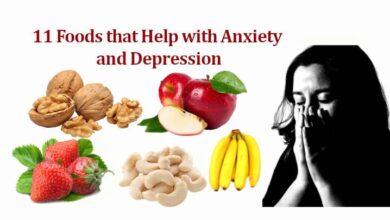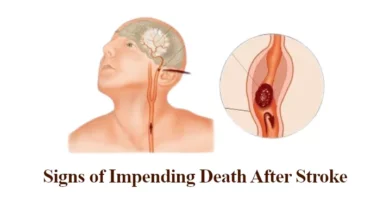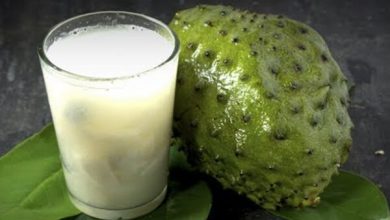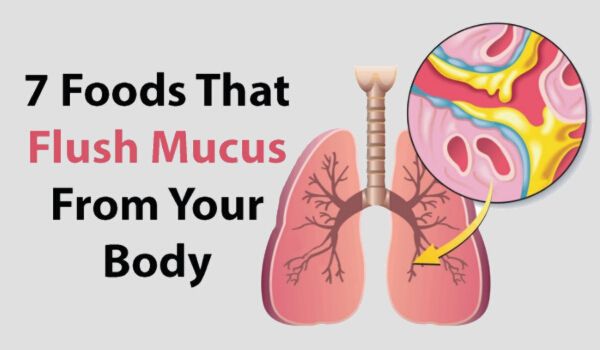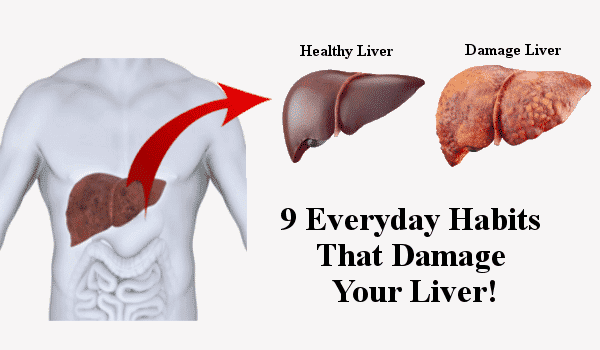11 Foods to Avoid when Taking Cholestyramine
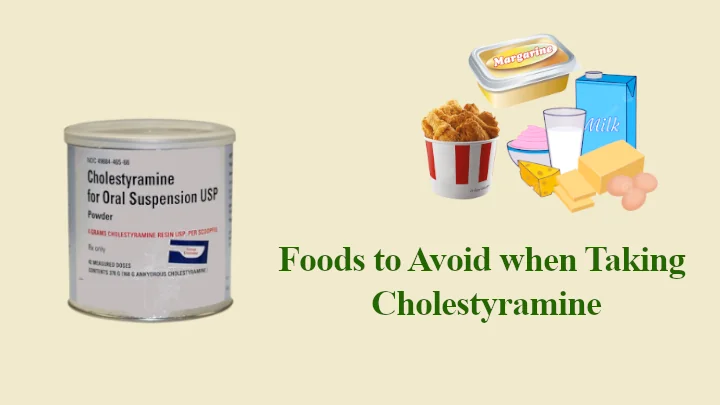
Looking for foods to avoid when taking cholestyramine. We all know how important it is to keep our hearts healthy, and one of the ways we can do that is by keeping an eye on our cholesterol levels. In some cases, a healthcare professional may prescribe something called cholestyramine as part of your treatment plan.
It’s a medication that helps lower cholesterol levels in the body. But remember – taking this medication isn’t enough! You must also ensure you’re eating a balanced diet to get maximum effectiveness from the medicine and look after your cardiovascular health long-term.
Certain foods can interfere with the benefits of cholestyramine. It’s important to understand food interactions with cholestyramine so that this medication can help lower cholesterol levels and help us reach our health goals.
This Article will explore a comprehensive list of foods to avoid when taking cholestyramine.
In This Article
Foods to Avoid when Taking Cholestyramine
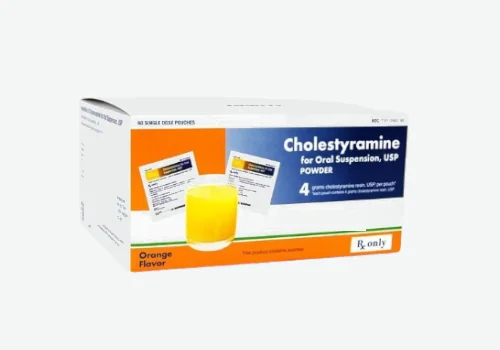
Here we have listed cholestyramine foods to avoid:
1. High-Fat Foods
It’s important to avoid high-fat foods when taking cholestyramine. This is because cholestyramine binds to bile acids in the intestine and prevents reabsorption.
Bile acids are produced from cholesterol in the liver and are important for digesting and absorbing fats. When cholestyramine binds with these bile acids, they form a complex that is then eliminated from your body through feces – this also helps reduce cholesterol levels!
2. Full-Fat Dairy Foods
We all know that full-fat dairy foods are delicious but can also be high in cholesterol and saturated fats. While these aren’t necessarily bad for you, keeping them in moderation if you’re taking cholestyramine to lower your cholesterol levels is important.
Cholestyramine works by binding bile acids made from the liver’s cholesterol and removing them from the body – however, if we consume too much dietary cholesterol, this process is hindered. So let’s remember to enjoy our favorite full-fat dairy products in moderation.
3. Fried Foods
Fried foods are cooked in oils that contain high amounts of saturated and trans fats, which can increase your cholesterol levels.
Unfortunately, if you’re taking a medication like cholestyramine designed to lower your cholesterol levels, eating fried food could counteract its effectiveness. So it’s best to limit or avoid consuming deep-fried food when possible!
4. Processed meats
I know how much we all love our sausages, bacon, and hot dogs – but did you know that processed meats are usually made from fatty cuts of meat or have added fats? These fats contain a lot of saturated fat, which can raise LDL (bad) cholesterol levels and increase the risk of heart disease.
On top of this, they also tend to be high in sodium which can further affect your cardiovascular health. If you want to manage your cholesterol levels or protect your heart health, then it’s important to watch out for these ingredients when choosing processed meats!
5. Egg yolks
When taking cholestyramine, it’s important to be mindful of our dietary cholesterol intake. Egg yolks are high in cholesterol, containing around 186 milligrams per large egg yolk, so it’s advised to limit or avoid them while taking this medication.
Reducing dietary cholesterol can help manage overall levels and improve health outcomes. Let’s make sure we’re keeping track of the amount of eggs we eat each day!
6. Margarine and Shortening
I’m sure you’ve heard that margarine and shortening are not recommended when taking cholestyramine due to their high trans fat content. Trans fats are created through hydrogenation, which changes liquid vegetable oils into solid fats.
Unfortunately, these trans fats can raise bad cholesterol levels (LDL) while lowering good cholesterol levels (HDL), thus increasing the risk of heart disease. So it’s important to be mindful of what we’re consuming!
7. High-Sodium Foods
Cholestyramine is a medication primarily used to lower cholesterol levels, but it can also have the secondary effect of lowering blood pressure. On the other hand, high sodium intake can increase our blood pressure levels. So if we want to maintain optimal control over our blood pressure, reducing sodium intake is key!
8. Baked Goods
I wanted to let you know that when it comes to baked goods, they often contain unhealthy fats like saturated and trans fats. These can increase your cholesterol levels, particularly the LDL cholesterol (the bad one).
Cholestyramine helps remove extra cholesterol from our bodies by binding bile acids in our intestines but consuming too many of these unhealthy foods will counter this effect. So just be mindful of what you’re eating!
9. Fast Food
You all know that fast food isn’t the healthiest meal option. Unfortunately, many of these items are prepared using unhealthy fats such as hydrogenated or saturated fats, which can increase cholesterol levels.
Even if you’re taking medication like cholestyramine to lower your cholesterol, it won’t be very effective unless you cut down on foods containing these unhealthy fats. So let’s try to make healthier choices when we eat out!
10. Shellfish
While shellfish like shrimp and crab can be tasty additions to our diets, they are also high in cholesterol. So, we must enjoy these foods in moderation and limit their intake as part of a healthy lifestyle. Enjoy them every once in a while but remember not to overindulge!
11. Sauces and Gravies
Many of us love to enjoy sauces and gravies with our meals. However, it’s important to be mindful that some cream-based or butter-based sauces can be high in saturated and trans fats, raising cholesterol levels.
We should consider this when considering what type of sauce or gravy to include with our meals, as these types of fat counteract the cholesterol-lowering effects of medications such as cholestyramine.
Q. Should cholestyramine be taken with food?
Yes, cholestyramine should generally be taken with food. Taking cholestyramine with meals or shortly after eating helps ensure proper absorption and reduces the risk of gastrointestinal side effects.
Conclusion
In conclusion, when taking cholestyramine to manage cholesterol levels, it is important to be mindful of certain foods that can interfere with its effectiveness or potentially cause adverse effects. High-fat foods, full-fat dairy products, fried foods, and processed meats should be limited or avoided.
By following appropriate dietary recommendations, individuals can effectively manage their cholesterol levels and improve their overall well-being.
Be sure to read:
References
- Efficacy of cholestyramine does not vary when taken before or during meals
- Effects of cholestyramine and diet on small intestinal
- Cholestyramine treatment of healthy humans rapidly induces transient hypertriglyceridemia

